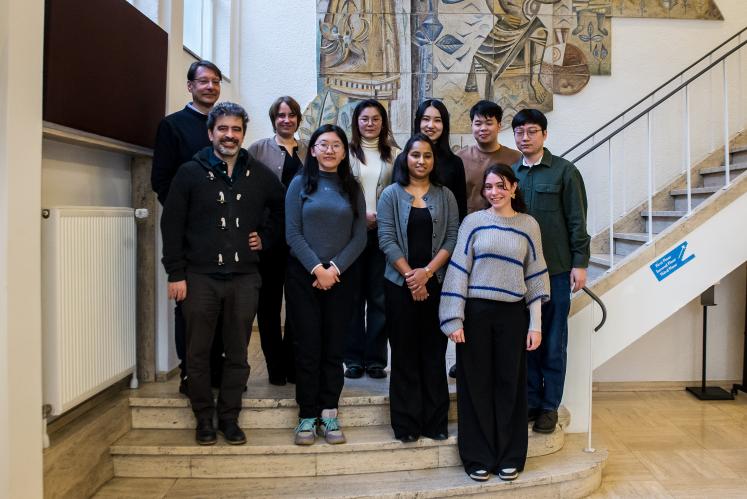The United Nations University Program on Digital Technology and Sustainable Development is offered in January 2026 for the second time. The UNU-DTSD Program is designed for young scholars currently enrolled in higher education institutions or in early career research positions. The UNU-DTSD Program is a unique program that builds on an intensive collaboration between UNU-Macau (Macau), UNU-MERIT (Maastricht, The Netherlands) and UNU-EHS (Bonn, Germany).
For participants in this program, offered by 3 UNU institutions, it holds a great opportunity to learn to see problems not in isolation but as interconnected systems. They avoid the trap of proposing a technological solution that creates a new social or environmental problem, such as maladaptation or marginalising indigenous knowledge or local communities. They also create a knowledge bridge between technology, governance, environment, and society.
Participants will leave with a more robust and nuanced toolkit, capable of designing interventions that are not only innovative but also equitable, resilient, and well-governed, and also develop methodological skills such as learning computational tools, policy analysis and risk assessment. Participants are offered a unique opportunity to connect with a diverse group of economists, environmental and AI scientists, technologists, and policy experts, fostering interdisciplinary collaboration while simultaneously developing links between AI, innovation, inequality, and climate crises.
However, not only will participants benefit from engaging in this programme. Also, the teachers experience first hand that the teaching methodology in the DTSD programme is fundamentally different from standard academic or training courses. It is built on the principle of "learning by doing" within an interdisciplinary, real-world context. As David Daou (UNU-EHS) says, "The teaching emphasises the potential impact of knowledge in real-world applications. We as facilitators and experts constantly try to challenge participants with questions like: "Who would use this?", "What is the governance risk?", "How does this reduce inequality?" This shifts the focus from technical feasibility alone to overall sustainability and effectiveness. As a teacher, I find the link to societal relevance and the discussions it brings among the student population extremely interesting.
Emanuele Pugliese (UNU-MERIT) echoes that. "The teaching to a diverse group of students, with different nationalities and different disciplinary focus, allows for a lot of peer learning, which we try to stimulate actively in the classroom".
Also, Serge Stinckwich (UNU-Macau) sees a clear benefit from the collaboration between the three institutions. "The teaching is designed as a deliberate blend of the three UNU institutes, and the program strongly builds on interdisciplinary integration. For example, a session on AI for disaster prediction and governance (MERIT/EHS) is immediately followed by a session on community vulnerability and AI ethical data collection (EHS/MACAU). This forces participants to integrate different perspectives, breaking down traditional academic silos constantly".
For participants, this holistic experience is a significant differentiator for developing an incomparable and invaluable future career, increasing chances of acquiring policy-making jobs (e.g., in international organisations, government, think tanks, or tech companies) where the participant can navigate complexity at the intersection of technology, society, and the environment.
For more information, please check the following website:
Applications are open until 17 November, and the program is offered from 30 January to 11 February in Macau (hybrid), Maastricht and Bonn.
Suggested citation: Dr. Mindel van de Laar, David Daou and Serge Stinckwich., "Shaping Tomorrow: Apply Now for UNU’s Digital Technology and Sustainable Development Program," UNU-MERIT (blog), 2025-10-01, 2025, https://unu.edu/merit/blog-post/shaping-tomorrow-apply-now-unus-digital-technology-and-sustainable-development.



